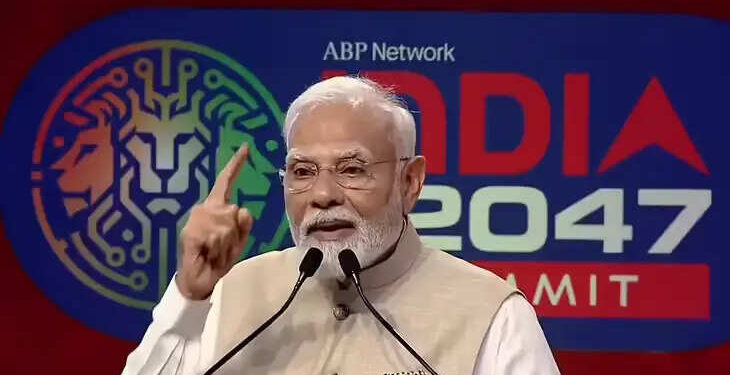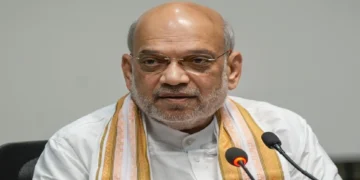New Delhi. Is the misuse of the Waqf Act giving strength to the Narendra Modi-led NDA government’s plan to limit the unlimited powers of the Waqf Board? This question is at the centre of political debate as the central government is preparing to amend the Waqf Act. Amidst all this, according to what sources told IANS, the functioning of the Waqf Board has been misrepresented by alleging misuse of the Waqf Act.
Sources say that for a long time, the Waqf Board has been accused of acting like a land mafia, seizing a variety of properties including individual land, government land, temple land and gurudwaras, following amendments made to the Waqf Act by the Congress. According to sources, initially the Waqf had around 52,000 properties across India. By 2009, this number had risen to 3,00,000 registered properties covering 4,00,000 acres of land.
Sources said that “Today, the number of registered Waqf properties has risen to over 8,72,292, spread over more than 8,00,000 acres of land. This reflects a dramatic doubling of Waqf land within just 13 years.” Sources say that the Waqf Act, 1923 was introduced by the British. The British first introduced the Madras Religious and Charitable Endowments Act 1925. This was opposed by Muslims and Christians on a large scale. Thus, it was re-drafted to exclude them, making it applicable only to Hindus and was renamed the Madras Hindu Religious and Charitable Endowments Act 1927.
The Wakf Act was first passed by Parliament in 1954. It was then repealed and a new Wakf Act was passed in 1995, which gave unlimited powers to the Wakf boards. Sources said, “In 2013, the Act was further amended giving the Wakf Board unlimited powers to take away anyone’s property, which could not be challenged in any court.”
In simple terms, the Waqf Board has been given sweeping powers to claim properties under the guise of Muslim endowments. This effectively means that a religious body has been given virtually unchecked and unlimited authority, preventing litigants from seeking judicial recourse, informed sources told IANS. “No other religious body in democratic India has such powers,” they said.
According to the information, Section 3 of the Waqf Act, 1995 states that if the Waqf ‘thinks’ that the land belongs to a Muslim, then it is the property of the Waqf. The Waqf Board does not have to provide any evidence as to why they think the land comes under their ownership. Sources said that even in countries that follow Muslim laws, there is no Waqf institution nor does any religious institution have such unlimited powers. It is also reported that the Waqf body did not return any land to Hindus who migrated from Pakistan during the partition.
Tags: Narendra Modi, Waqf Board
FIRST PUBLISHED : August 4, 2024, 23:36 IST






